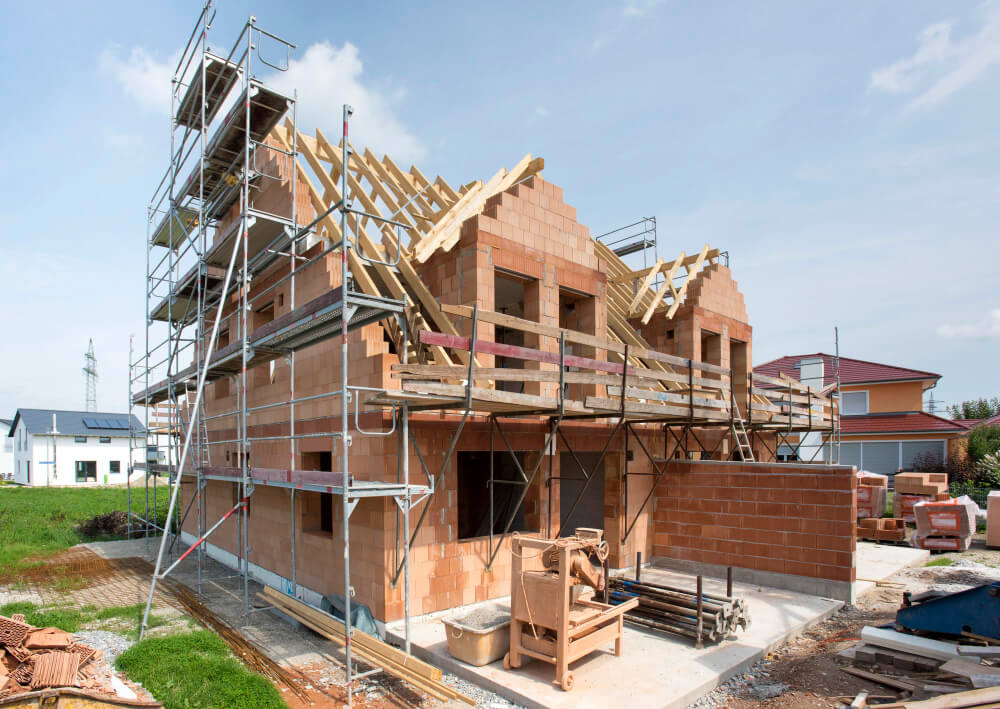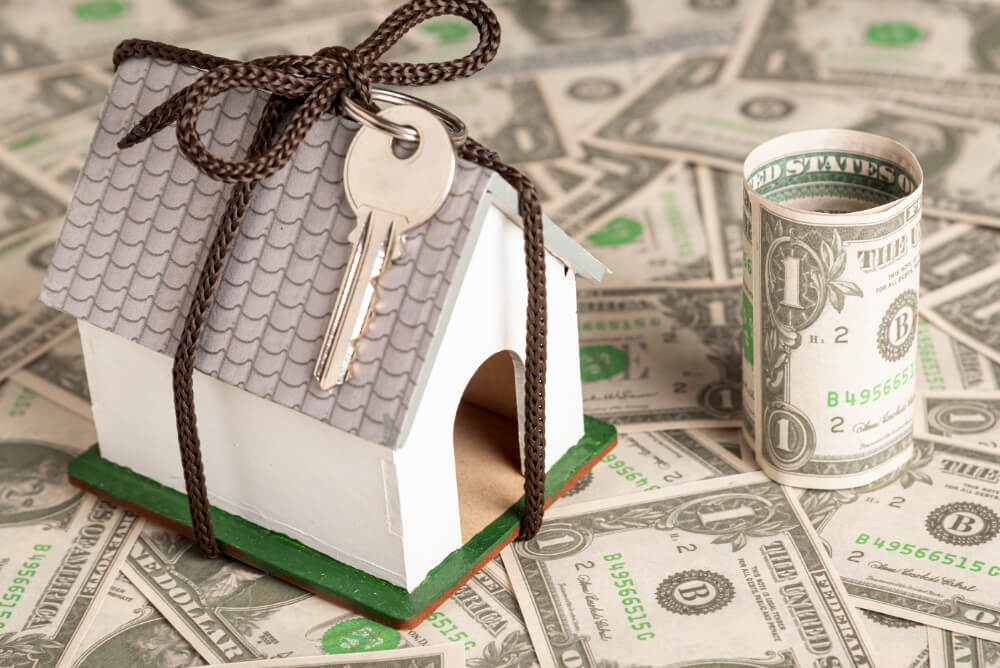Hey! How Much Do You Save Being Your Own General Contractor?
Updated Sat, Jul 12, 2025 - 5 min read
Top blog articles
Dreaming of building your own home or tackling a major renovation but want to stay on a tight budget? You might be surprised to know the cost difference between acting as your own general contractor (often called an “owner builder”) and hiring one. But how much do you save being your own general contractor? The truth is, you can save thousands of dollars!
But be aware that the journey isn’t for everyone. Let’s break down the real savings, the responsibilities, and whether this DIY approach is the right fit for your dream home or not.
The Traditional Route: Hiring a Contractor
Most homeowners hire a general contractor to manage construction projects. These pros handle everything—from hiring subcontractors and ordering construction materials to managing timelines and navigating building permits. Their expertise ensures your build stays on track and meets all codes. Keep in mind that this convenience comes at a price: contractors typically charge 10%–25% of your total renovation cost as their fee.
Why Homeowners Choose Contractors

There are some good reasons homeowners, contemplating remodeling or renovation, like the safety net of hiring a contractor.
- Experience: Contractors know the ins and outs of construction, from the cost of materials to scheduling.
- Connections: They have established relationships with reliable subcontractors and suppliers, often securing better rates.
- Risk management: Most carry contractor insurance, protecting you from unexpected accidents or delays.
- Peace of mind: They handle the headaches, so you can focus on the excitement of building your dream home.
What’s The Owner Builder Advantage?
If you’re willing to manage the project yourself, you can cut out the contractor’s markup and save money—sometimes up to 25% of the total cost. For a $400,000 build, that’s a potential savings of $40,000 to $100,000. Here’s how those savings add up:Task Contractor-Managed Owner Builder Hiring subcontractors Included in the contractor fee You solicit bids directly Ordering materials Markup applied You pay direct cost Project management Included in the contractor fee You manage the project yourself Scheduling Contractor handles timeline You control the timeline Total cost +10–25% contractor fee Save thousands of dollars by eliminating this fee
How Much Do You Save Being Your Own General Contractor?
- The biggest savings—thousands of dollars—come from not paying the general contractor’s commission.
- You have full control of the expenses. You choose materials, finishes, and labor, allowing you to shop around and negotiate better deals.
- You manage the project, so you can spot cost overruns early and adjust quickly.
If you build a house for $500,000, you could save $75,000–$100,000 by managing the project yourself. These savings translate into instant equity in your new home, which can help when refinancing or selling down the road.
What Are the Pros and Cons of Being Your Own General Contractor?
Pros
- Avoiding contractor fees can help you save money—thousands, sometimes tens of thousands—on construction projects.
- You can make every decision about materials, labor, and schedule. Such a setup is perfect for perfectionists and those with a clear vision for their dream home.
- There is immense personal satisfaction. Building your own home is a rewarding experience and gives you invaluable knowledge for future projects.
- You can have a flexible timeline. This means, you’re not bound to someone else’s schedule, so you can adapt as needed.
Cons
- Managing a build is a full-time job. Expect to spend many hours soliciting bids, coordinating trades, and tracking progress. Your time commitment is a must.
- There’s a steep learning curve in store for you. Mistakes can be costly. Missing permits, mismanaging subcontractors, or underestimating the cost of materials can eat into your savings.
- Don’t forget the risks. If something goes wrong, you’re responsible. There’s no one else to blame for delays or budget overruns.
- You may face certain financing challenges. Some lenders see owner builders as higher risk, making it harder to secure a construction loan or resulting in higher interest rates.
What Are the Tips for Success as an Owner Builder?

- Do your homework. Research building codes, permits, and the full construction process before you start.
- Solicit multiple bids. Get quotes from several subcontractors to ensure you’re getting the best price and quality.
- Create a detailed budget through reliable tools such as the Kukun Cost Estimator. Don’t forget to include a buffer for unexpected expenses—the cost of materials can fluctuate.
- Build a team. Start networking to find reliable subcontractors. Electricians and plumbers are often the backbone of any project, so prioritize finding skilled and dependable pros.
- Learn your finances. You will need a firm hand on finances to track accounts receivable and payable, ensuring vendor and labor payments, as well as state and federal taxes, are made on time so the project goes on without a hitch.
- Stay organized with software or spreadsheets to track tasks, deadlines, and expenses.
- Communicate clearly with subcontractors, inspectors, and suppliers. Remember, clear communication avoids costly mistakes.
- Stay flexible. Delays and surprises are part of building your own home. Adapt as needed.
Is Being Your Own General Contractor Right for You?
If you have the time, organizational skills, and determination to manage the project, the savings can be substantial. But weigh the pros and cons carefully. For many, the peace of mind and efficiency of hiring a contractor is worth the extra cost. For others, the opportunity to save money and have full control over building their new home is priceless.









